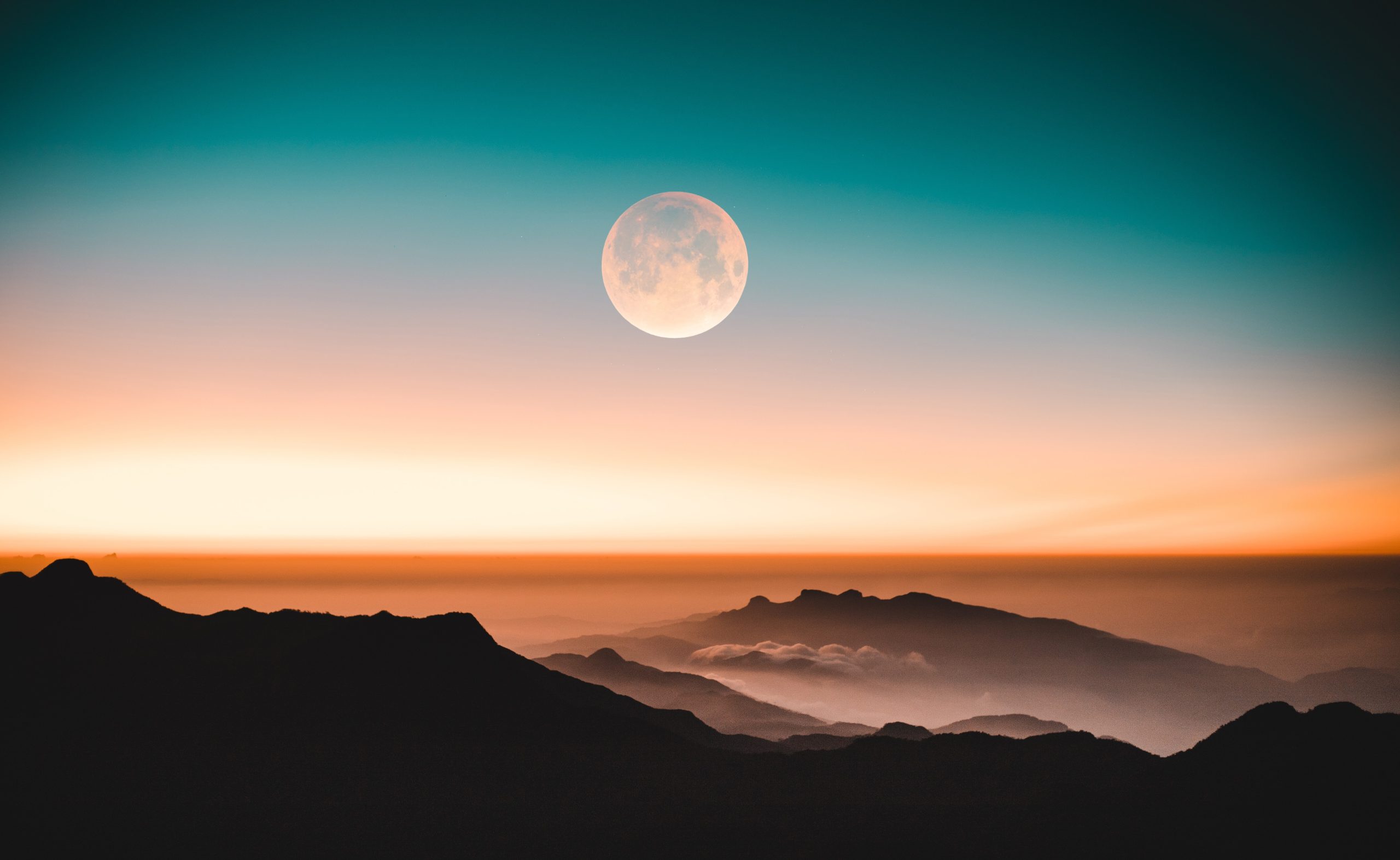What Religion Worships the Moon?
Throughout human history, the moon has held a special place in the hearts and minds of people around the world. Its ethereal glow, captivating phases, and mysterious aura have prompted various cultures to forge a spiritual connection with this celestial body. While many religions incorporate lunar symbolism in their practices and beliefs, there are a few notable ones that specifically worship the moon. In this article, we will delve into the intriguing realm of lunar worship and explore the religions that revere and honor the moon.
Ancient Egyptian Religion: The Worship of Thoth
In ancient Egypt, the moon was associated with the deity Thoth, who was regarded as the god of wisdom, writing, and the moon itself. Thoth was depicted as an ibis-headed man or as a baboon. Egyptians believed that Thoth not only controlled the lunar cycle but also held sway over time and magic. He played a crucial role in preserving the balance between order and chaos in the universe.
Ancient Egyptians observed the waxing and waning of the moon with great reverence, associating its phases with the ebb and flow of life. They performed rituals and made offerings to appease Thoth and seek his blessings. Additionally, the moon was a prominent symbol in Egyptian burial practices, representing the path to the afterlife, where the deceased would travel on a boat guided by Thoth.
Wicca: Moon Worship in Modern Paganism
Wicca, a modern pagan religious movement, places considerable emphasis on the cycles of nature and celestial bodies, including the moon. Within Wiccan beliefs, the moon is often associated with the goddess, who is seen as the divine feminine energy encompassing fertility, intuition, and wisdom. Wiccans regard the moon as a symbol of transformation and renewal, just as it transitions through its different phases.
Wiccans celebrate Esbats, which are monthly gatherings honoring the phases of the moon. These rituals are performed during the full moon and sometimes during other significant lunar events, such as the new moon. During Esbats, Wiccans meditate, cast spells, offer prayers, and engage in various magical workings, harnessing the energy of the moon to manifest their intentions and connect with the divine feminine.
Korean Shamanism: Mongshinmu
In Korean shamanism, known as Mugyo or Muism, there is a reverence for various natural elements, including the moon. Mongshinmu, also referred to as Chilseong-gut, is a shamanic ritual that honors the seven stars of the Big Dipper, with the moon representing Cheonma, the celestial horse. It is commonly believed that Cheonma carries the souls of the deceased to the afterlife while protecting and guiding them.
The Mongshinmu ritual involves multiple shamans leading the ceremony, accompanied by music, chanting, and intricate dance movements. Offerings such as rice cakes, fruit, and liquor are made to the moon and the other spiritual entities honored in the ritual. Participants seek blessings for good health, prosperity, and protection from malevolent forces.
Sumerian Religion: Nanna, the Moon God
In ancient Mesopotamia, specifically in Sumerian religion, Nanna, also known as Sin or Suen, was the deity associated with the moon. Nanna was regarded as the son of the sky god An and the earth goddess Ki. As the moon god, Nanna played a vital role in regulating time, tides, and fertility.
The Sumerians believed that Nanna resided in the heavens and observed both humans and gods from afar. They paid homage to Nanna by constructing magnificent ziggurats, towering temple structures dedicated to the moon god. Sacred rituals and ceremonies were conducted within these temples to honor Nanna and seek his divine guidance.
Conclusion
The moon has captivated humanity for centuries, inspiring a myriad of beliefs and rituals in various cultures. Whether it is through ancient Egyptian worship of Thoth, Wiccan celebrations of the goddess during Esbats, Korean Shamanism’s Mongshinmu rituals, or the veneration of Nanna in Sumerian religion, the moon holds deep spiritual significance across different religions and spiritual practices.
While the religions mentioned above specifically worship the moon, it’s important to note that numerous other faiths incorporate lunar symbolism and regard the moon as a potent force in their spiritual frameworks. The moon’s influence on our planet and its role in the ebb and flow of life continue to inspire awe and spark the human imagination, reminding us of the interconnectedness of the celestial and the earthly realms.
Table of Contents
